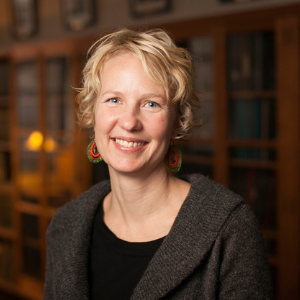About CESI


In pursuit of this mission, CESI has undertaken an agenda spanning discovery-focused, basic research to technology translation. The goal is to accelerate discovery and commercialization of materials, devices, and intelligent systems designs required to lower cost, improve performance, and reduce humanity's carbon footprint. CESI serves as a hub for subject matter experts and multi-user facilities designed to translate energy-focused research discoveries to prototypes, and prototypes to commercial practice.
Problems related to energy are known for their knottiness and interconnectivity. Impactful solutions demand systems approaches, which require expertise that typically fall outside conventional disciplinary boundaries and beyond the capabilities of individual researchers. CESI brings together researchers working on components of these problems that span length scales: from a few atoms on the surface of a nanostructured catalyst particle; to the genes that direct metabolic pathways in a plant, to the electrochemical cells that comprise a battery pack; to the kilometers of heterogeneous rock formations that must be breached to recover geothermal energy for district-scale heating. Through seed funding programs, student and postdoctoral fellowships, and partnerships with industrial, government, and innovation partners, CESI functions as a team-building hub for all matters related to energy and energy systems science and engineering. Researchers affiliated with the institute are united by the shared goal of harnessing discoveries in the sciences, engineering, and agriculture to overcome barriers to broad-based availability of cost-effective energy generation, storage, and utilization technologies that lower humanity’s carbon footprint. These efforts also position CESI as a strong advocate for interdisciplinary and rigorous coursework offerings that educate future leaders and innovators at all career stages.
In 2018, a strategic planning committee comprised of faculty from the Colleges of Agriculture and Life Sciences, Arts and Sciences, and Engineering, tasked with defining priorities for CESI identified thematic foci in three areas, in which the institute’s work would have concrete and broad-based impacts towards advancing CESI’s mission: transportation and manufacturing systems, energy production systems and infrastructure, and carbon capture and conversion systems.
Concurrently  with this role, she is an associate professor in Biological and Environmental Engineering, and the Faculty Director for Energy at Cornell Atkinson Center for Sustainability leading the work towards Accelerating Energy Transitions. Professor Anderson's overarching goal is to accelerate the transition to a low carbon energy future. She is particularly interested in the effective integration of wind and solar resources, through the leveraging of distributed and demand side resources.
with this role, she is an associate professor in Biological and Environmental Engineering, and the Faculty Director for Energy at Cornell Atkinson Center for Sustainability leading the work towards Accelerating Energy Transitions. Professor Anderson's overarching goal is to accelerate the transition to a low carbon energy future. She is particularly interested in the effective integration of wind and solar resources, through the leveraging of distributed and demand side resources.